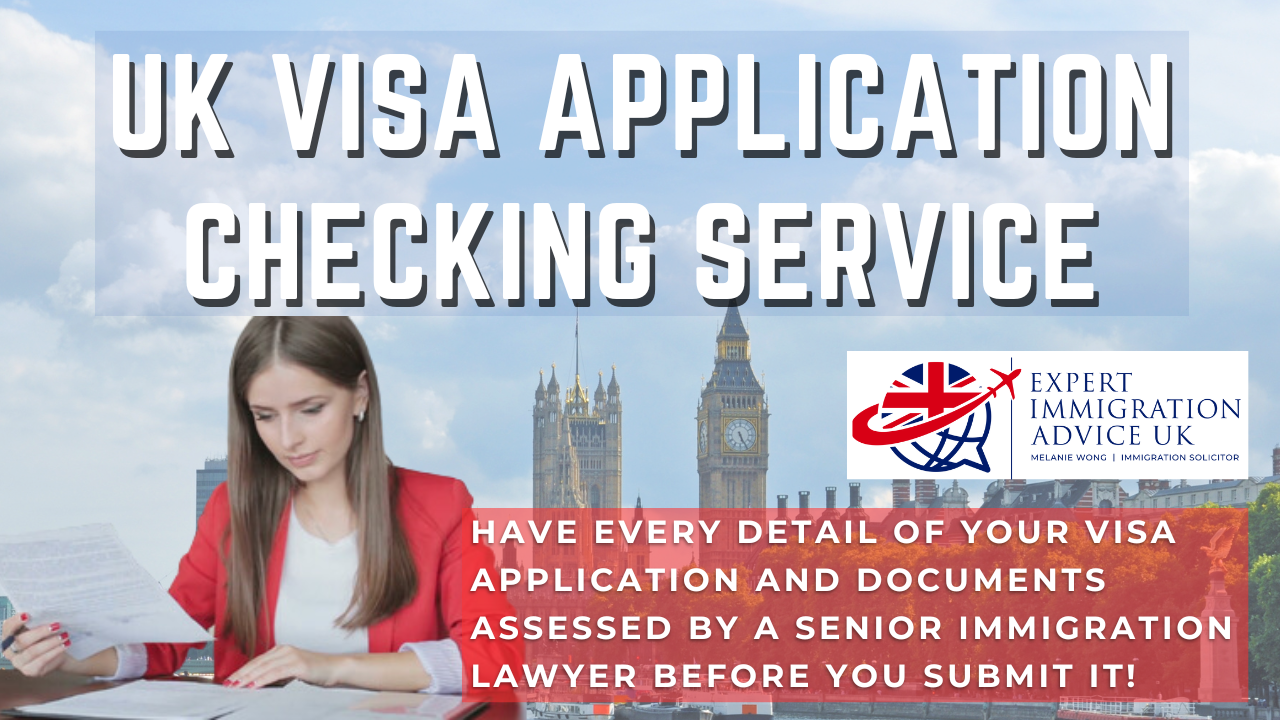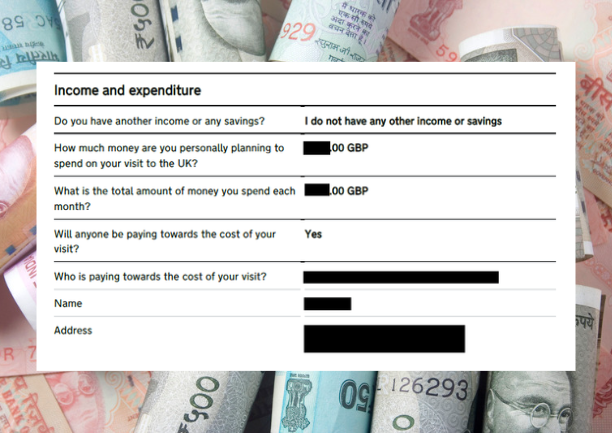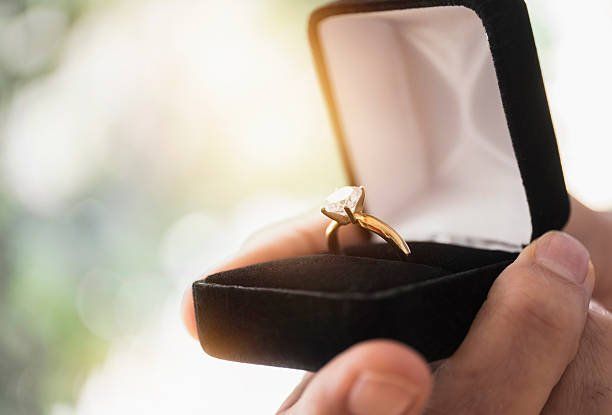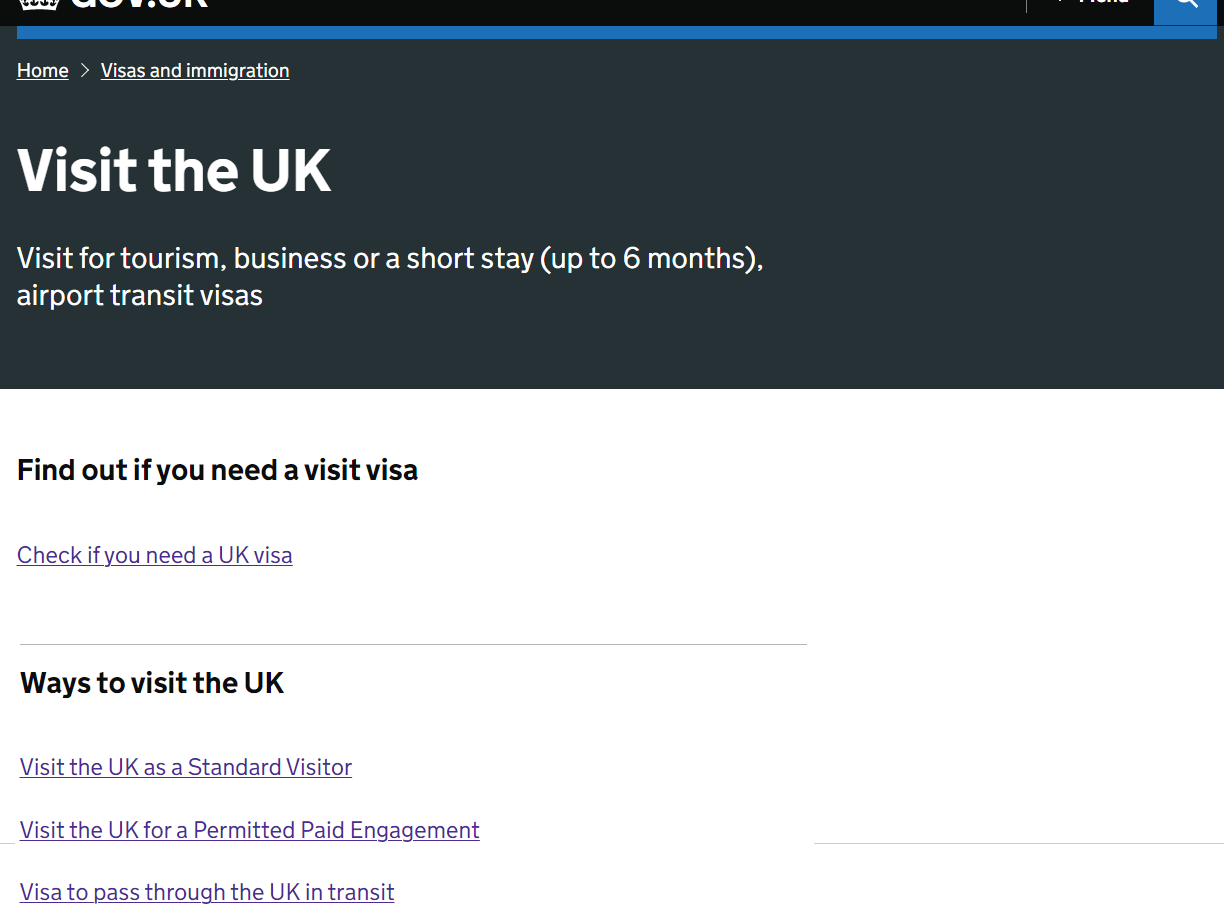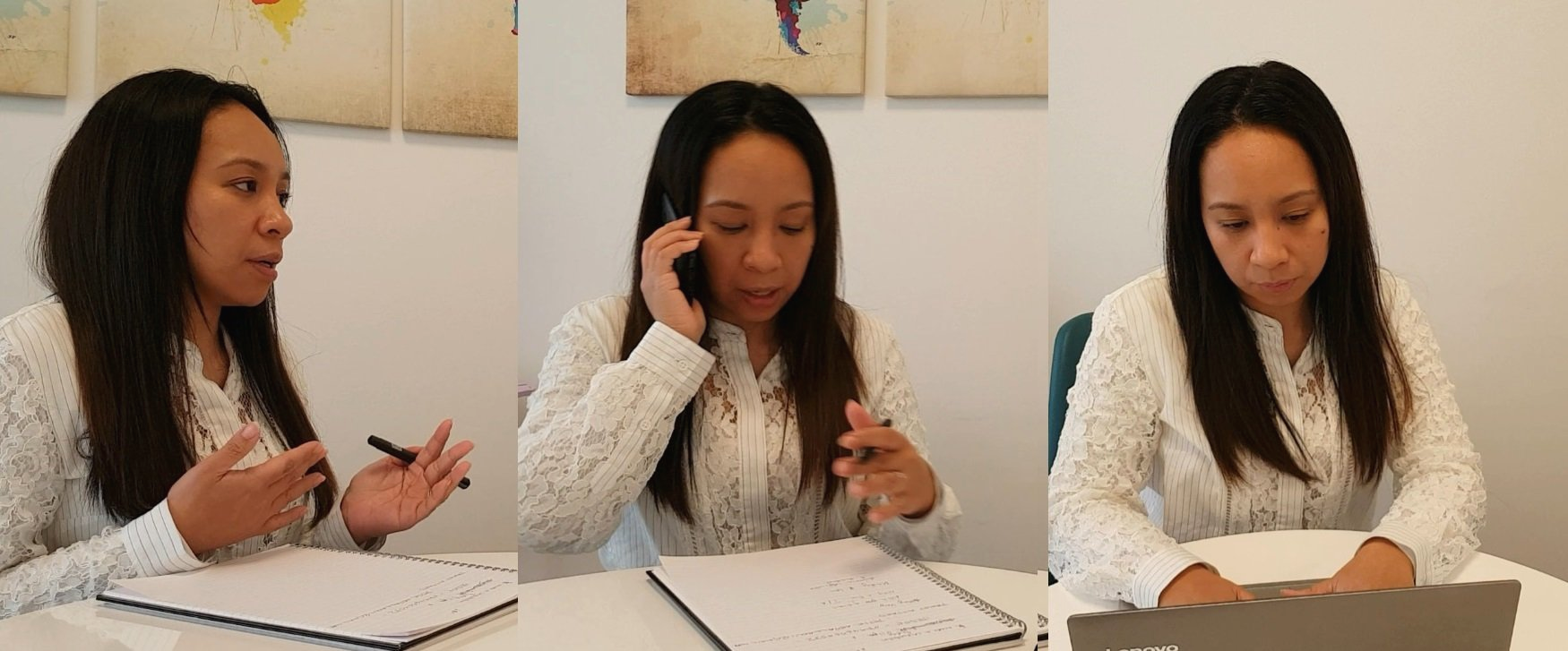Do You Want to visit the UK?
- Do you have family members friends or partners in the UK who you would like to visit?
- Need to attend a Business meeting, conference or Training Course in the UK?
- Have you always dreamed of visiting London, Manchester, Edinburgh and other cities in the UK?
Find out how my Award Winning Services can help you or your loved ones ensure your Application has the Highest Chance of Success Here.
Standard Visitor Visa: UK Visit Visa
Unless you are a Non-Visa national*, and you wish to visit the UK, you will need to apply for a 'Visitor Visa' for lawful entry to the UK. There are several types of visitor visas, each one permitting the holder to do different/specific activities.
The Standard Visitor Visa enables you to come to the UK and (for most cases) stay for a maximum period of 6 months* and permits certain activities, which includes: tourism, visiting family and friends, conducting specific business activities (such as attending a meeting or conference), receiving medical treatment or for short term study. - This visa is also commonly known as a “UK Visit visa” or a “UK Tourist visa.”
*up to 11 months if coming for medical treatment and 12 months for academics
Citizens that
do NOT need a Visa to visit the UK
- Non-Visa Nationals
Before applying for a Standard visitor visa, you should determine whether or not you actually need one to come to the UK.
* There are certain countries, whose citizens do not need a visa to visit the UK. These are referred to Non-Visa nationals and they can typically enter the UK freely as a visitor. Even if you are a non-visa national, you must still meet the UK entry requirements as a visitor. So you would therefore be expected to explain the reason for your trip to the UK, your maintenance and accomodation arrangements, and preparations for your return back to your home country.
You can check if you fall under the list of nationaties that DO require a visa to visit the UK, on the gov.uk website here,
Visa Nationals: Individuals that DO Need a Visitor Visa to Enter the UK
If you are a citizen of a country that is required to apply for a visa to enter the UK, you must ensure that you meet all of the requirements for a visitor visa before coming to the UK.
The Requirements for a Standard Visitor Visa are that the Applicant:
- Has the genuine intention to visit the UK;
- Will leave the UK before their visa expires,
- Is genuinely seeking entry as a visitor;
- Will not live in the UK and make it their home through frequent visits;
- Must have sufficient funds to meet the whole cost of their trip to the UK, including accommodation, flights, and daily expenses.
The requirement that most applicants fail to satisfy is the requirement to show that they are "genuinely seeking entry as a visitor." There are many factors taken into account by the Home Office which means submitting as many specific documents as possible to demonstrate that the applicant is a genuine visitor to the UK.
What Activities are you permitted on a Standard Visitor Visa?
The Standard Visitor Visa replaced and consolidated many of the previous UK Visitor Visas, which were:
- General Visitor visa
- Family Visitor visa
- Child Visitor visa
- Business Visitor visa, including visas for academics, doctors and dentists
- Sports Visitor visa
- Entertainer Visitor visa
- Prospective Entrepreneur visa
- Private Medical Treatment Visitor visa
- Approved Destination Status (ADS) visa

General List of Activities you are allowed to do on a Standard Visitor Visa:
- Tourism e.g. holiday/vacation
- Visit family and/or friends
- Volunteer with a registered charity (up to 30 days)
- Transit through the UK to another country
- Carry out specific business activities (such as meetings or interviews)
- Take part in a school exchange programme
- Take a recreational course of up to 30 days, e.g. a dance course
- Study a course (up to 6 months)
- Do a placement or take an exam
- Carryout certain activities as an academic, senior doctor or dentist
- Receive medical treatment
What are you not allowed to do on a UK Standard Visitor Visa?
- You cannot work for a UK company or as a self-employed person (paid or unpaid)
- You cannot claim public funds (benefits)
- You cannot live in the UK for extensive periods by frequent successive visits
- You cannot marry or register a civil partnership, or give notice of marriage or civil partnership. - A Marriage Visitor visa is required for this
Below is The Full List of Activities that are permitted for Standard Visitor Visa Holders:
(Note that some of these will require you to meet extra eligibility requirements)
Tourism and Leisure
- Vacation and/or visiting friends and family
- Participate in educational exchanges/visits with schools (both state and independent) or academies
- Attend recreational courses for a maximum of 30 days.
Volunteering
Volunteer with a registered Charity for up to 30 days
Short-Term Study
Study English language or a short course at an accredited institution for up to six months
Transit
Transit through the UK to another country
General Business Activities
- Attend Business meetings, conferences, seminars, interviews
- Give a one-off or short series of talks and speeches for non commercial events
- Negotiate and sign deals/contracts
- Attend trade fairs, for promotional work only (provided no selling is taking place)
- Carry out site visits and/or inspections;
- Conduct research for employment for your overseas company
- Obtain the requirements of a UK based customer
Intra-Company Activities
As an employee of an overseas based company, you may provide the following to UK employees of their company overseas*:
- Advise and consult;
- Trouble-shoot;
- Provide training;
- share skills and knowledge;
*Must be for specific internal projects with UK employees of the same corporate group, and provided no client work is performed directly.
Manufacture and supply of goods to the UK
Carrying out installations, dismantle, repair, servicing or advise on equipment, computer software and hardware, for a UK company your organisation supplies to or has a contractual after sales agreement with.
Work-related Training
- As an Overseas graduate from medical, dental or nursing school, you may:
(a) undertake unpaid clinical attachments or dental observer posts provided these do not involve patient treatment
(b) take the following test/examination in the UK:
i. the Professional and Linguistic Assessment Board test
ii. the Objective Structured Clinical Examinations for overseas
- Attend training required for work purposes, that is not available in your home country,
- Deliver training to employees of a UK based company, providing your organisation is contracted to deliver global training to the international corporate group which the UK based company is part of.
Science and Academia
- As a Scientist and researcher, you may:
(a) conduct research for a specific project which directly relates to their employment overseas, or conduct independent research; and
(b) share knowledge or advise on a UK led global project, provided no research is being carried out in the UK.
- As an Academic, you may:
(a) participate in formal exchange arrangements with UK counterparts (including doctors);
(b) carry out private research if you are on sabbatical leave from your home institution;
(c) participate in research, teaching or clinical practice as an eminent senior doctor or dentist,
Legal Work and Duties
- As an overseas Lawyer advising a UK based client on specific international litigation and/or an international transaction.
- Give evidence in a UK court as a witness, or attending a court hearing in the UK if summoned in person by a UK court.
Religious Work
Visit the UK to preach or do pastoral work
Creative Arts Activities
- As an artist, entertainer, or musician you may:
(a) give individual, and participate in performances, including as part of a group;
(b) enter competitions or attend auditions;
(c) take part in promotional activities;
(d) take part in one or more cultural events or authorised permit free festivals
- Support the activities of an artist, entertainer or musician, in the capacity of a personal, technical staff or production team member (provided you are attending the same event as the artist, entertainer or musician, and are under their employment outside of the UK.
- Take part in a location shoot for a production that is being produced and financed overseas, as a member of a Film crew, employed by an overseas company.
Sports Activities
- As a sports person you may:
(a) take part in a sports tournament/events as an individual or part of a team;
(b) take part in promotional activities including personal appearances;
(c) take part in trials that are not in front of a paying audience;
(d) take part in short periods of training that is not being paid by a UK sporting body;
(e) join an amateur team or club to gain experience in a particular sport as an amateur in that sport.
- Support the activities of a sports person in the capacity of a personal or technical staff member (provided you are attending the same event as the sports person, and are under their employment outside of the UK.
- As a Sports official supporting a sports tournament/event, where you have been invited by either:
(a) a sports organisation, agent, or broadcaster based in the UK;
(b) a sports person with permission as a UK visitor at the same sports tournament/event.
Medical treatment and organ donation
- Receive private medical treatment
- Act as an organ donor or be assessed as a potential organ donor to an identified recipient in the UK

How do I Apply for a UK Standard Visitor Visa?
The earliest you can make an application is 3 months before you will travel to the UK
Application Steps:
- Check if you need a Visitor visa before making an application
- Be sure you satisfy the eligibility requirements and will only doing permitted activities in the UK
- Complete and submit the application form online (note: If you are coming to the UK with family members, each member will need to submit their own application and pay the required fee)
- Make the application fee payment
- Book an appointment at your local Visa Application Centre (VAC)
- Attend your VAC appointment to provide your biometrics (your photo and fingerprints)
The average processing time to receive a decision on your Visitor Visa application is 3 weeks.
What is the Application Fee for a UK Standard Visitor Visa?
Below are the current Application Fees for the UK Standard Visitor Visa. Please note that these fees are subject to change; you can find the up-to-date visa application fees by visiting official gov.uk website.
| Visitor Visa Type | Fee | Maximum length of stay |
|---|---|---|
| Standard Visitor visa | £115 | 6 months |
| Standard Visitor visa for medical reasons | £200 | 11 months |
| Standard Visitor visa for academics | £200 | 12 months |
| 2 year long-term Standard Visitor visa | £400 | 6 months per visit |
| 5 year long-term Standard Visitor visa | £771 | 6 months per visit |
| 10 year long-term Standard Visitor visa | £963 | 6 months per visit |
What Documents Will I Need for a UK Standard Visitor Visa?
Unfortunately there is no one-size fits all set of documents you will need to support your visitor visa application, as this will be subject to the purpose of your visit to the UK and your personal circumstances. However, the general items you will be expected to provide include:
- A valid Passport or travel document
- Evidence to confirm the purpose of your visit to the UK
- Relevant Financial documents to confirm that you can support yourself while in the UK
- Evidence of your accommodation arrangements in the UK
- Confirmation of any travel bookings, or relevant activity plans already scheduled
Can I Switch to another Visa Category while I am in the UK?
Generally speaking, the answer is no.
If a visitor wants to switch to another visa category, such as a spouse visa for instance, they would be expected to return to their country of origin/residence and submit their biometric information (fingerprints and digital photo), and in some instances, supporting documents, from there.
However, this will be on a case by case basis, as there may be some exceptional and compelling circumstances which may prevent the person from returning to their country of origin/residence, resulting in them having to submit an application to switch to another immigration category while they are in the UK.
What if I want to visit the UK every year? Or visit the UK as many times as I can? Could I do that?
If this is the first time that the applicant is submitting a UK visitor visa, it is advisable for them to only apply up to the maximum period of 6 months. During this period, the applicant can enter and exit the UK as many times as they want, as long as their visa remains valid. This is what is termed as "multiple entry visa."
Once the applicant has shown that they have a good immigration history in the UK, for instance if they have visited the UK many times, and they have complied with the conditions of their visa, they can then apply for a visitor's visa that is valid for 2 years, 5 years, or 10 years.
This simply means that the applicant can enter and exit the UK multiple times during the validity of their visa. This does NOT mean however, that they can stay in the UK for 2, 5 or 10 years continuously.
There is no law stating how long a visitor on a 2, 5 or 10 year visa can stay in the UK. The law simply states that the visitor must not be "making their UK their home." The general rule of thumb is staying in the UK for no more than 6 months in total for any 12-month period.
Frequently Asked Questions
Q. What am I allowed to do in the UK on a Standard Visitor visa?
A. As a Standard Visitor in the UK, you can do the following “permitted activities”:
- Tourism - You can visit the UK for sightseeing, visiting tourist attractions, and experiencing British culture.
- Visiting family and friends - You can visit family members or friends who are living in the UK.
- Business - You can attend business meetings, conferences, or training courses.
- Study - You can undertake a short course of study, such as a language course, for up to 30 days.
- Medical treatment - You can receive private medical treatment in the UK.
- Sports and creative activities - You can participate in sports or creative activities, such as amateur sports tournaments or music competitions.
Q. What am I not allowed to do in the UK on a Standard Visitor visa?
A. As a Standard Visitor in the UK, you cannot do the following activities:
- Work - You are not allowed to undertake paid or unpaid work in the UK, including working for your own business or undertaking work for someone else.
- Live in the UK for an extended period - You are not allowed to use a Standard Visitor visa to live in the UK for an extended period, such as to study or to work.
- Receive public funds - You are not allowed to receive public funds or benefits during your stay in the UK.
- Marry or register a civil partnership - You cannot marry or register a civil partnership in the UK while on a Standard Visitor visa.
- Change your immigration status - You cannot apply to switch to another immigration category while in the UK on a Standard Visitor visa.
- Overstay - You must leave the UK before the expiry of your visa. Overstaying can result in serious consequences, such as being barred from future entry to the UK.
Q. How long does it take for a visitor visa to process?
A. You’ll usually get a decision within 3 weeks. You also have the option to expedite your application by paying an additional fee (Priority Service which currently costs £500). If you opt for this, you will get a decision within 5 working days.
Q. How long is a Standard Visitor visa valid for?
A. The maximum length of stay in the UK on a Standard Visitor visa is generally 6 months.
You must leave the UK before the expiry of your visa and can only return to the UK after a reasonable period of time has elapsed. The exceptions are if you apply for a long-term Standard Visitor visa, which can be valid for 2 years, 5 years and 10 years, or for medical purposes, which is valid for 11 months or academic purposes, which is valid for 12 months.
Q. How much is a Standard Visitor visa?
A. The UKVI fee depends on which Visit visa you are applying for, as set out below:
| Visitor Visa Type | Fee | Maximum length of stay |
|---|---|---|
| Standard Visitor visa | £115 | 6 months |
| Standard Visitor visa for medical reasons | £200 | 11 months |
| Standard Visitor visa for academics | £200 | 12 months |
| 2 year long-term Standard Visitor visa | £400 | 6 months per visit |
| 5 year long-term Standard Visitor visa | £771 | 6 months per visit |
| 10 year long-term Standard Visitor visa | £963 | 6 months per visit |
Q. Can I extend my Standard Visitor visa?
A. To be eligible for an extension, you must meet the following criteria:
- You are a patient receiving medical treatment;
- You are an academic and you still meet the eligibility requirements;
- You are a graduate retaking the Professional and Linguistic Assessment Board (PLAB) test or doing clinical attachment;
You must pay £1000 to extend your stay, regardless of your nationality. Your application for an extension will need to be made from within the UK and before your current visa or permission expires.
You will also need to provide the relevant supporting documents to support your reason for an extension.
Q. Can I apply for a Standard Visitor visa if I’m aged under 18?
A. You can travel to the UK if you are under 18 and have the following:
- Suitable arrangements for your travel and stay in the UK.
- Written consent from your parent of guardian to travel to the UK.
- Finance to pay for your return or onward journey.
- Enough finance to support yourself without working or getting help for public funds, or you have family and/or friends that can support you.
Q. How do I apply for a Standard Visitor visa and when will I get a decision?
A. Once you have checked that you meet the eligibility requirements and need a Standard Visitor visa. You must apply online and attend an appointment at a visa application centre in your country of residence.
The earliest you can apply is 3 months before you plan on travelling to the UK.
Once you have submitted your application, attended your appointment at the visa centre and provided your supporting documents, you will usually receive a decision within 3 weeks. You will be sent an email or letter with the decision and details of what you need to do next.
Q. What if I need to change or cancel my application?
A. You will need to contact UKVI or sign into your application and cancel it online.
You will only receive a refund if your application has not yet been processed.
Q. What can I do if my Standard Visitor visa application is refused?
A. Appeals are not available for Visitor visa refusals unless it is made on human rights grounds.
You can request an administrative review within 28 days of getting the decision. The cost for this is £80. However in most cases, the simplest way to deal with a refusal is to re-apply.
Related Articles
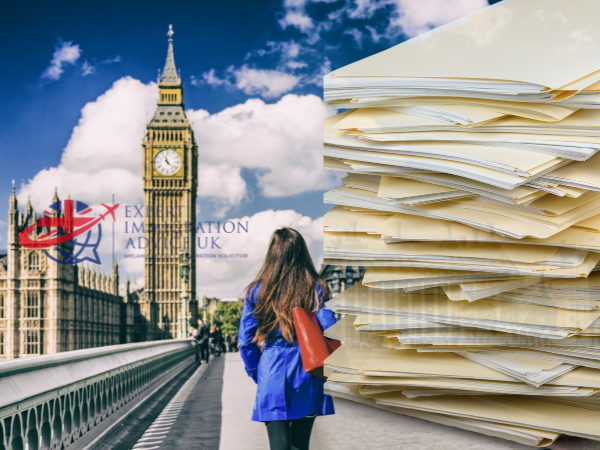
Want your Application to be completely managed by a UK Visa Specialist?
* Get Expert Advice and Support to submit your Visitor Visa Application.
* Get Full Guidance on Satisfying all of the Requirements and ensuring you have the correct Supporting Documents.
* Have your Application processed Quickly and Efficiently.
* Ensures your Application has the Highest Chance of Success.
Service Rated Excellent by Clients
Below are some sample Visitor Visa Client Cases
1. Visiting the UK as a Girlfriend of a British National:
L is a Thai national living and working in Cyprus. She has been working as a caregiver for an elderly couple for 3 years and has had the appropriate immigration documentation throughout her stay in Cyprus. Her current Cypriot visa was due to expire in July that year.
L met J online via a dating agency and they have become close. J decided to meet her in person and visited her in Cyprus a few months ago. They liked each other very much and their relationship has grown from strength to strength. J would like L to come to the UK and spend Christmas there with him, meet his parents and his friends.
L and J contacted me to help them with L's visitor visa application. They agree to proceed using the full-service and we communicated via email, phone calls and Whatsapp. They sent copies of their documents via email which I reviewed one by one and advised on these, accordingly. L was granted with a 6-month visitor visa and spends Christmas and New Year in the UK with J.
2. Parents visiting an Indian National with Limited Leave in the UK who is due to give birth:
A is an Indian national who came to the UK with a spouse visa, to join B, her British husband. (Melanie advised and assisted them with A's application for a spouse visa). A is 2 months' away from having her first baby, and would like for her parents to come to the UK before the baby is born. A's parents live in India and are both retired. They have never been abroad.
A does not have family in the UK and the baby will also be her parents' first grandchild. A and B do not know when they would have the chance to travel to India to visit A's parents and family members with their baby. It was therefore important for them to have A's parents in the UK before the baby was born. A would like for her parents to stay for longer than 3 months.
I advised and assisted them with both parents' applications. It was imperative that A and B showed that A's parents were coming to the UK for a valid reason, and it was also important for A's parents to demonstrate to the UKVI that they had strong, significant ties in India that would compel them to return before their visas expired. They decide to opt for the Priority Visa Service and her parents received their decision after 5 working days. Each parent was granted with a visitor visa.
Need Help with your UK Visa Application?
Fill In Your Details Below so I can Assist You with your Case


